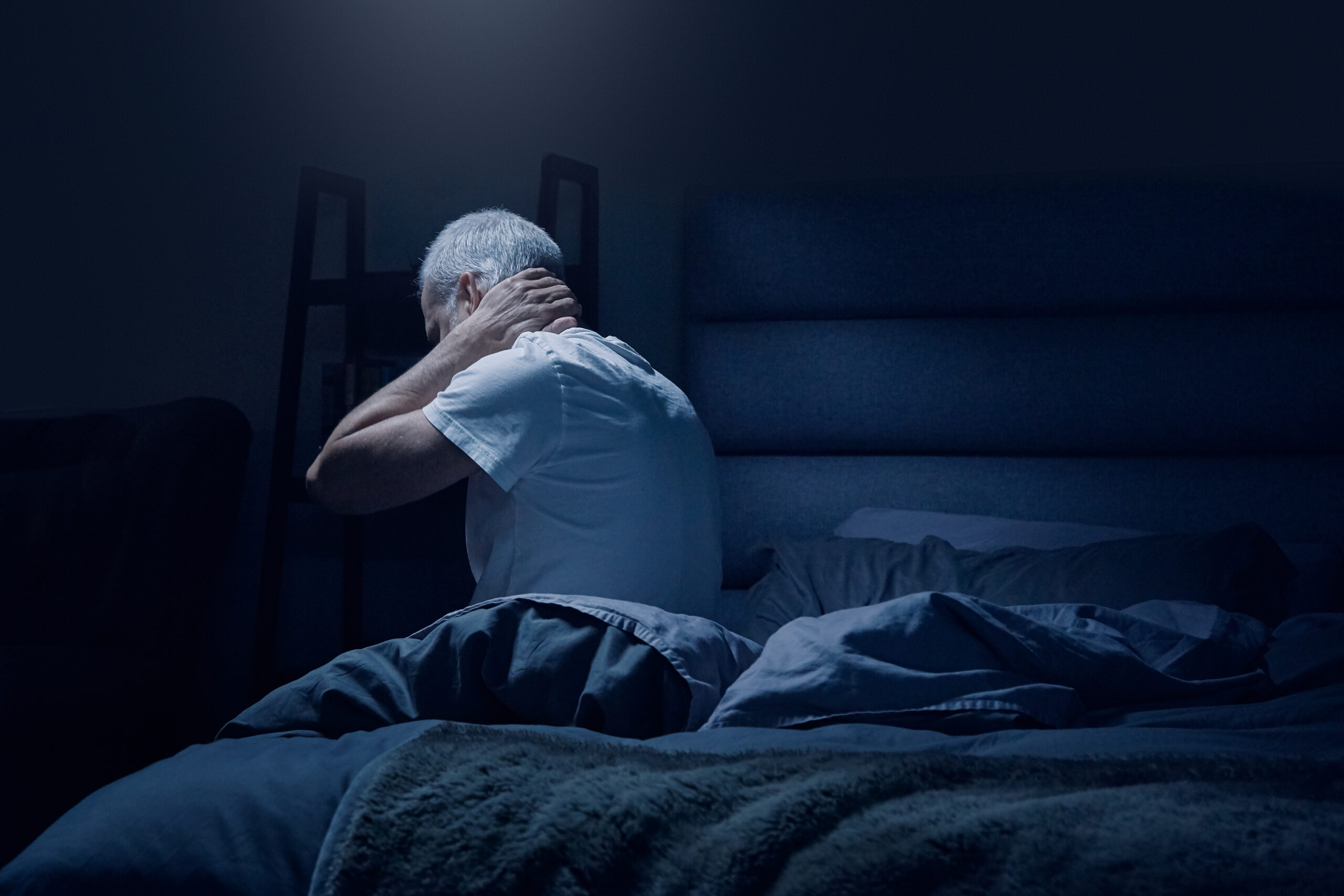A new study published in the Medical Journal of Australia supports the Federal Government’s move to screen women for cervical cancer from the age of 25, rather than between 18 to 20.
The research conducted by the Cancer Council of NSW backed the Federal Government’s renewal of the National Cervical Screening Program, set to come into full effect in May 2017.
Currently Australian women should undergo a pap smear test every two years to ensure they are not at risk of cervical cancer. However both the test and time frame for such will change next year. A human papilloma virus (HPV) test will replace the pap smear test and women will only need to get tested every five years.
The study’s author, Megan Smith said due to the HPV test becoming a more accurate way of testing for cervical cancer, there was no need to make it as frequent as the pap smear test.
“This test will be a test for HPV, the virus that virtually causes all cervical cancers, and because this is a more accurate test than the current pap smear test, it doesn’t need to be done as frequently.”
The study also found screening women aged 20 to 24 had no significant impact on the rate of cervical cancer, which prompted the recommendation to delay HPV testing until the age of 25.
“In women aged under 25 there had been no change at all in the rates, in 20 years of screening them,” Ms Smith said.
This study is Australia’s first to examine whether cervical cancer rates have declined in women aged 20 to 24 since the commencement of the National Screening Program.
Although the HPV test will replace the pap smear in 2017, the Cancer Council of NSW said until this comes into effect, women should still continue to schedule pap smears, as needed.
The organisation has also urged women aged 25 years and above to begin screening when the new HPV test goes into effect next year.



